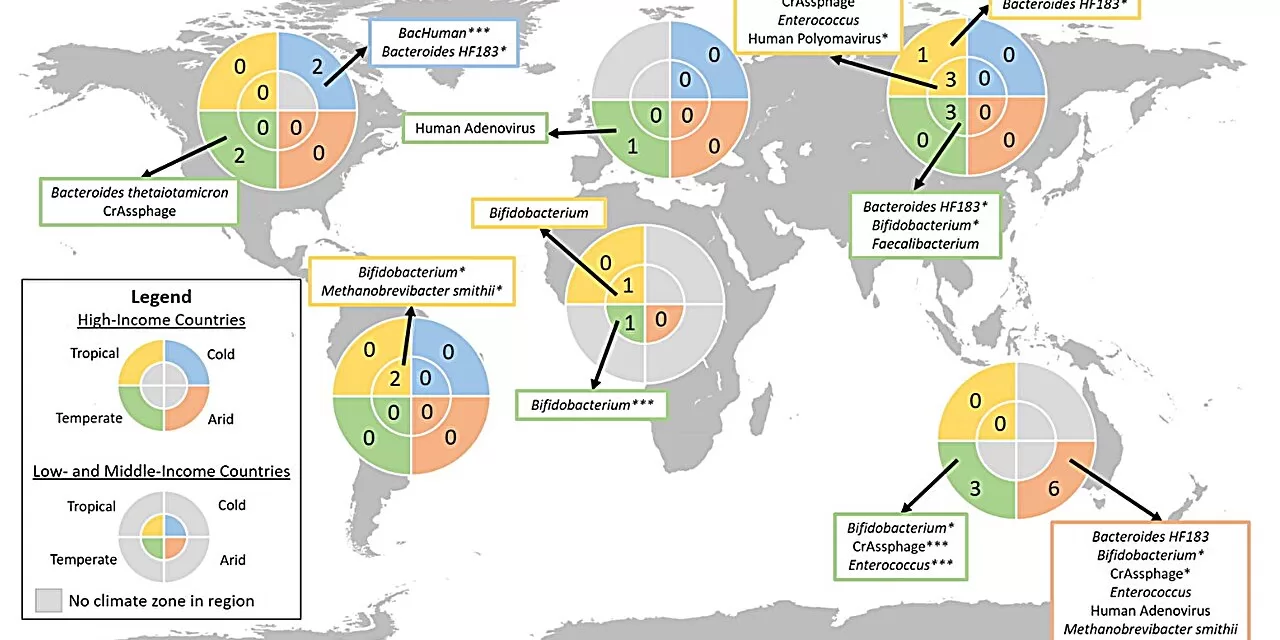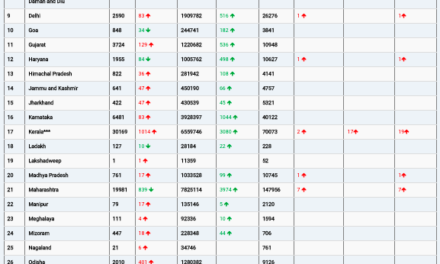New research has revealed significant shortcomings in a widely used public health tool for detecting environmental fecal contamination—an issue closely linked to life-threatening diarrheal diseases responsible for 1.2 million deaths annually worldwide.
A systematic review published in Critical Reviews in Environmental Science and Technology has found that microbial source tracking (MST) methods, despite being considered universally applicable, may not be as reliable as assumed. Health systems that depend on these methods risk missing crucial opportunities to detect and prevent outbreaks of diarrheal diseases, emphasizing the urgent need for a standardized approach.
Flaws in Global Testing Methods
Lead author Leah Barrett, a Ph.D. candidate at Monash University’s RISE program (Revitalizing Informal Settlements and their Environments) and based in the Department of Civil Engineering, stressed the importance of standardizing MST methods to avert outbreaks.
“The impact of undetected contamination is devastating as it contributes to the 1.2 million deaths caused by diarrheal diseases each year,” Barrett stated.
MST methods are designed to identify sources of fecal contamination in water and environmental samples. However, the study found that universal testing approaches often fail due to regional variations in diet, climate, and sanitation practices. These factors significantly influence the microbial composition in different areas, making it necessary to develop and validate MST markers suited to specific regions.
The Need for Region-Specific Solutions
“The stark regional disparities and a lack of tailored solutions severely limit public health interventions and their ability to prevent deaths worldwide. A valid, standardized global testing method is needed urgently,” Barrett explained.
She further emphasized that adapting MST methods to specific regions could make them a powerful tool in combating diarrheal diseases, particularly in vulnerable communities. Without such efforts, the potential of MST to prevent and control these illnesses remains underutilized.
The findings highlight the need for international collaboration to refine MST techniques, ensuring they effectively address contamination risks worldwide.
Disclaimer:
This article is based on a systematic review published in Critical Reviews in Environmental Science and Technology. The information presented aims to raise awareness of potential shortcomings in existing public health tools. Readers are encouraged to refer to the original study for a detailed understanding and consult health authorities for guidance on diarrheal disease prevention and water safety measures.
For more information, refer to the study: Leah R. Barrett et al, Beyond Borders: A Systematic Review and Meta-Analysis of Human-Specific Fecal Markers Across Geographical Settings, Critical Reviews in Environmental Science and Technology (2025). DOI: 10.1080/10643389.2025.2455031.











